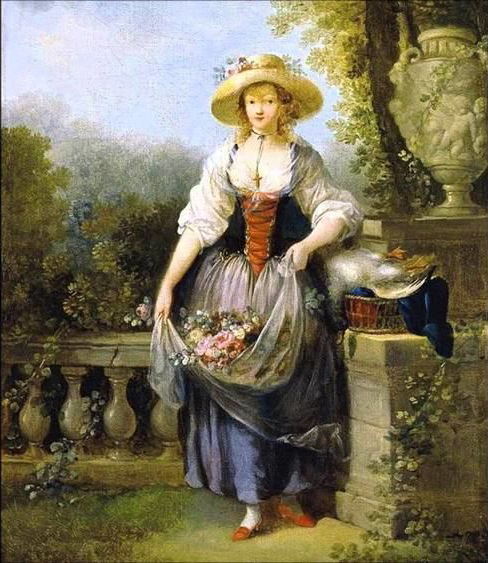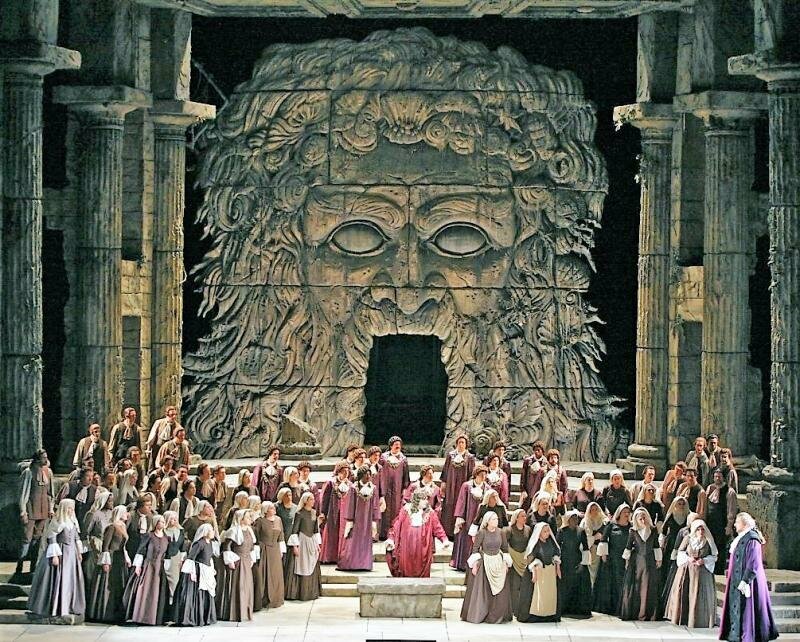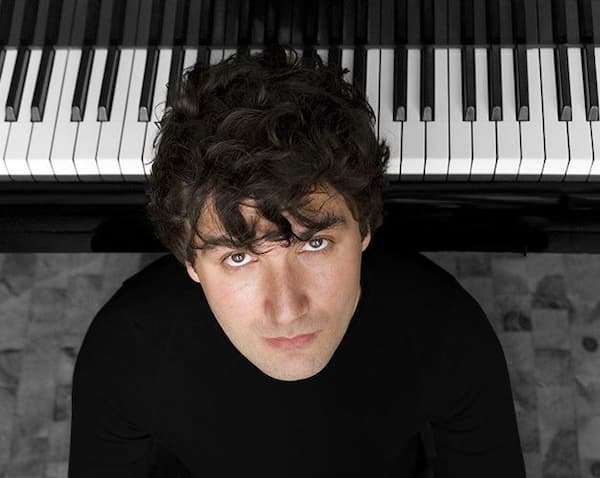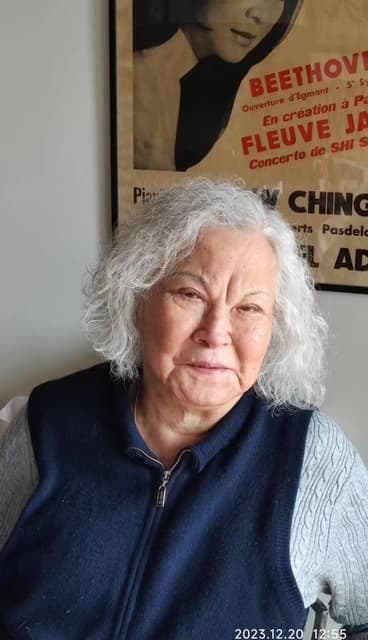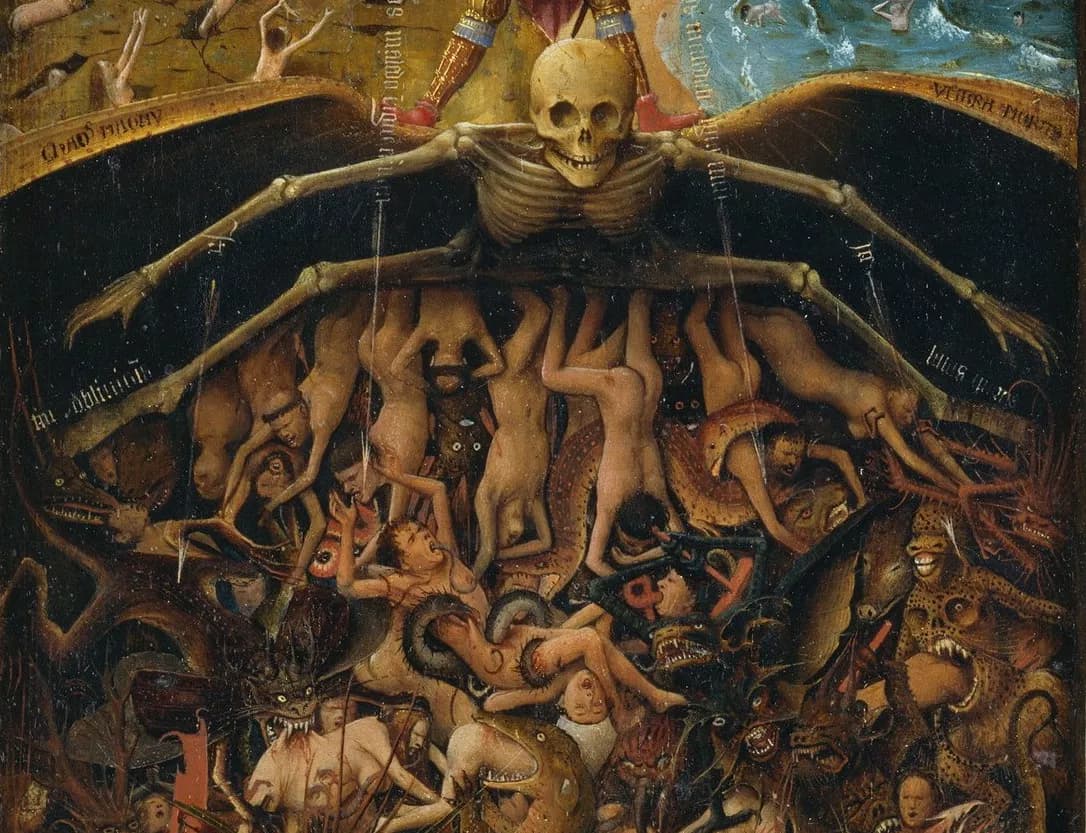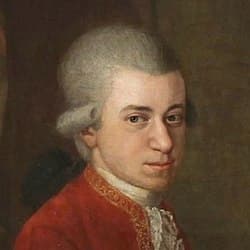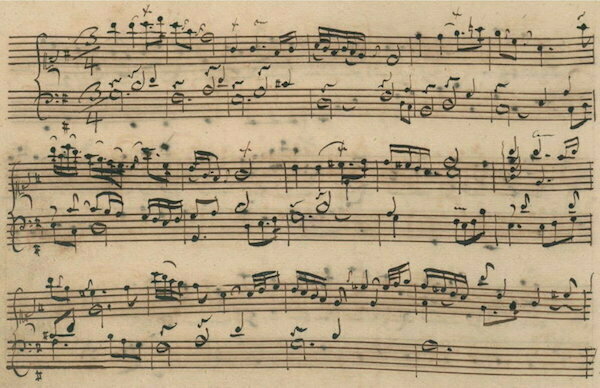… were opposite me, also called out Bravo!” The Mozarts left Salzburg three weeks before the planned first performance in Munich on 29 December 1774. The initially planned performance had to be postponed in order to allow more time to learn the music and actions. This turned out to be Mozart’s first mature opera buffa, and all things considered, it was an astounding achievement for the 18-year-old-composer. In the end, three performances took place, with the first and third eliciting high praise. Mozart revived the opera as a “Singspiel” in 1780, and it …
Search Results for: Mozart’s Musical Journey
On 3 January 1781, Wolfgang Amadeus Mozart wrote his father from Munich, “My head and my hands are so fully occupied with my third act, that it would not be wonderful if I turned into a third act myself, for it alone has cost me more trouble than the entire opera; there is scarcely a scene in it which is not interesting to the greatest degree. The accompaniment of the underground music consists merely of five instruments, namely, three trombones and two French horns, which are placed on the spot whence the voice proceeds. The whole orchestra is silent …
… ’s digital era.
Critics praise Chaimovich as a “master of the sensitive touch,” emphasising his nuanced dynamics and emotional depth. Passionate yet transparent, Chaimovich has the ability to balance virtuosity with emotional clarity. His prelude interpretations exude a mysterious and elusive quality, with just a hint of tonal ambiguity that projects atmospheric resonance.
Sergei Rachmaninoff: 13 Preludes, Op. 32 (Vadim Chaimovich, piano) Mozart Sonatas
Vadim Chaimovich has performed and recorded several of Mozart’s Piano Sonatas, showcasing his affinity for the Classical repertoire and displaying an intimate understanding of the transparent textures and the required lyrical
… in stark contrast to the tears of her earlier years. As she called it, “this music was a way to heal from past wounds while embracing the beauty of the present.”
Claude Debussy: Clair de Lune Alla Turca
For Chow Ching Lie, the “Alla Turca” from Mozart’s A-Major sonata represents moments of great personal joy and public acclaim. It represents music that contrasts with the much more introspective pieces she had previously associated with her life’s struggles. It came to represent the playful, confident, and exuberant parts of her personality.
The …
… and invites Don Giovanni to repent of his sins. Don Giovanni refuses, and he is dragged down into hell.
Fahrt zum Hades by Franz Schubert (1817) Mozart’s Commendatore Scene was written in D-minor, and Schubert stuck with that key when penning his song Fahrt zum Hades (“Journey to Hades”).
The lyrics were written by his dear friend, depressive poet Johann Mayrhofer, who he had met in 1814. Together, the two friends depict the narrator’s journey to the underworld.
Schwind: Johann Mayrhofer
The boat moans, the cypresses whisper;
hark, the spirits add their gruesome …
… to his tone poem Don Quixote for cello and orchestra, a portrait of the strangely noble, loveable knight helplessly caught in the throes of delusion and stuck in a cruel world that doesn’t understand him.
Strauss: Don Quixote / Rostropovich · Karajan · Berliner Philharmoniker Timelessness and Historical Connection
Manuscript of Mozart's Così fan tutte
Classical music, for better and worse, boasts a complex historical and cultural heritage.
When we listen to classical compositions, we connect to the past and become part of a long-running tradition.
The knowledge that this particular music has been enjoyed by so many …
… Wolfie was away on musical journeys he did sent greetings to Leutgeb in his letters. Once both were situated in Vienna, Leutgeb became Mozart’s favorite horn player. In fact, Mozart wrote a number of concertos for the natural horn specifically for Leutgeb’s phenomenal abilities. Documentary evidence seems to indicate that Mozart and Leutgeb had a “curiously joking relationship.” K. 417, for example, bears the mock dedication, “Wolfgang Amadé Mozart takes pity on Leutgeb, ass, ox, and simpleton, at Vienna, 27 March 1783.” Leutgeb apparently did not mind the teasing, and they …
… variations – on the initial theme create a profound emotional effect and take listener, and performer, on a monumental musical and creative journey. In works like Bach’s Goldberg Variations or the variations which form the final movement of Beethoven’s last piano sonata, Opus 11, re-finding the theme from the profusion of variations that come before make this music incredibly powerful. One has the sense of the music finally “coming home” at the end.
In Mozart’s skillful hands simple themes (including the song commonly known as ‘Twinkle Twinkle Little Star’) are

